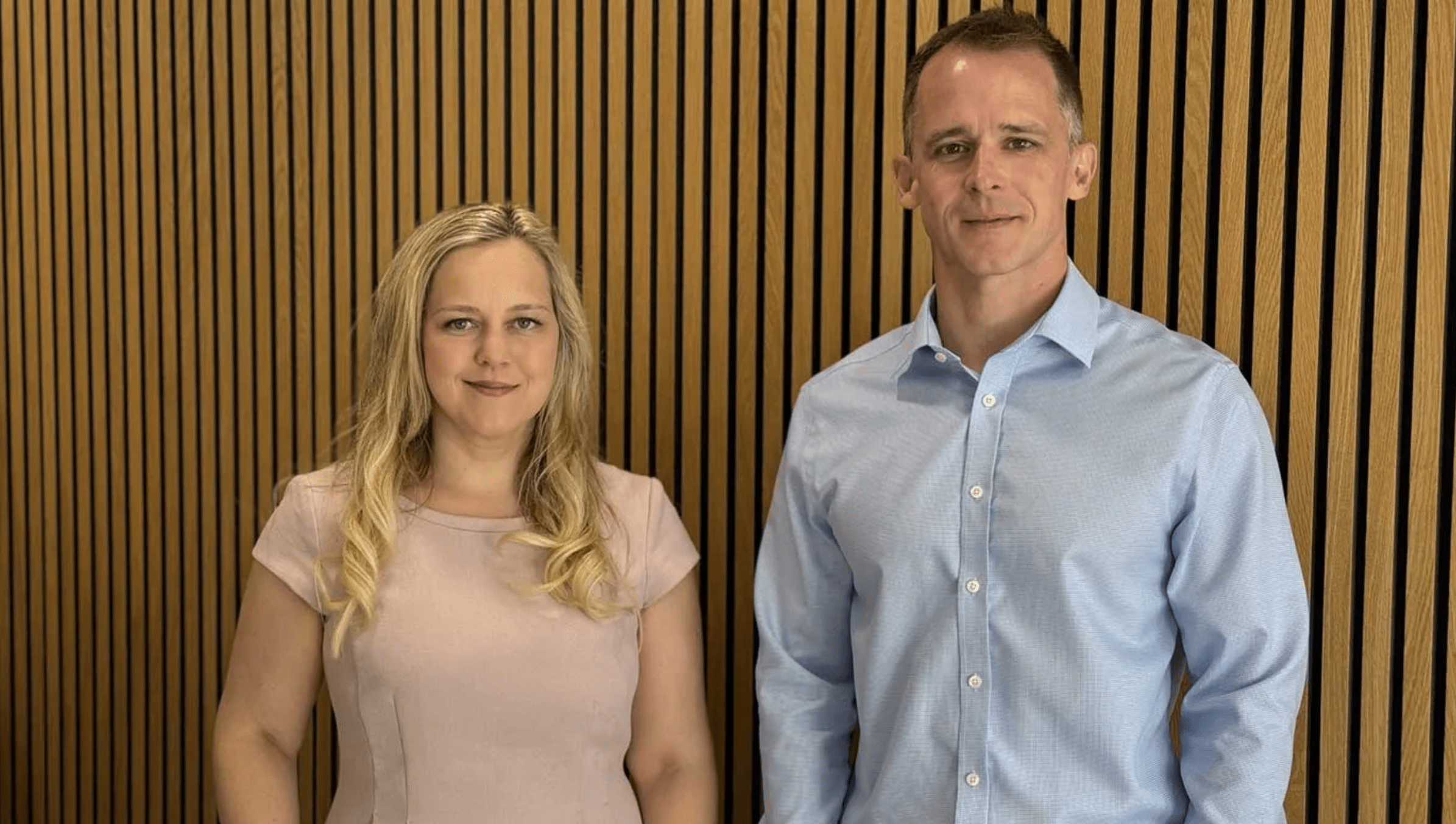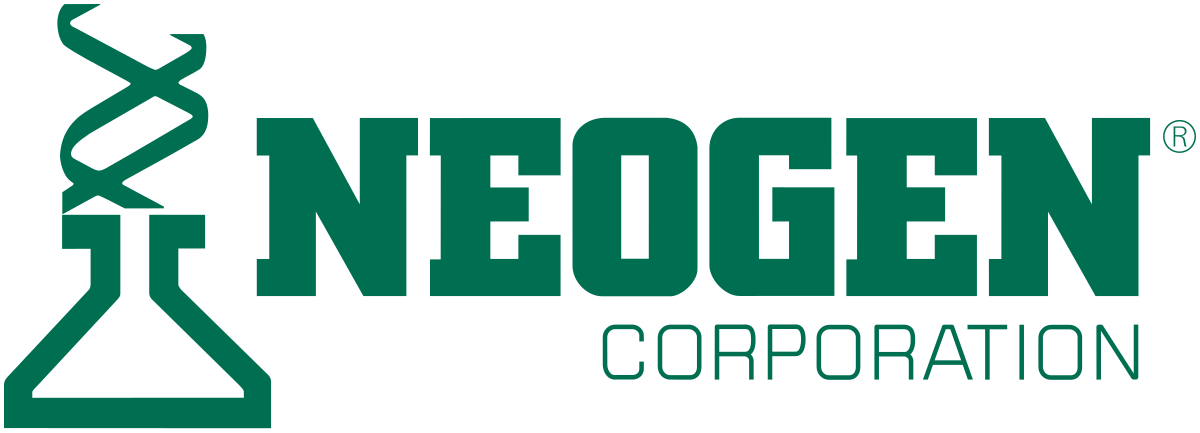Synthetic Genomics Reawakens with Pig Lungs and Algae. What's Next?
Things got pretty quiet at Synthetic Genomics after humbly advancing and redefining the focus of a massive research and development alliance with ExxonMobil for commercializing algal fuels and products in May 2013. In fact, it took 355 days for the company to issue its next press release regarding pipeline progress for its broad portfolio, which crossed the wire as an announcement of a deal with United Therapeutics to commercialize humanized organs in pigs. It took just 13 more to announce the next developmental update -- a partnership with Archer Daniels Midland for commercializing omega-3 DHA from algae. What do the deals mean, and what can we expect next?
This little piggy grew you a new lung
I remember seeing a job listing in SynBioBeta's bi-weekly digest for "Director/Senior Director, Mammalian Synthetic Biology" at Synthetic Genomics a few weeks ago and asking myself, "What the heck could that be for?" It wasn't until the company announced a collaborative research and development agreement with Lung Biotechnology, a subsidiary of United Therapeutics, for developing humanized pig organs for human transplantation that I finally made the connection.
It won't be easy to grow organs in pigs that are compatible in humans, but the two are leveraging strengths to make it happen. The agreement, which also comes with a $50 million equity investment in SGI by Lung Biotechnology, will initially target lung disease applications. SGI will utilize DNA design, DNA synthesis, and genome editing (CRISPR?) to modify "a substantial number of genes at an unprecedented scale and efficiency" to create primary pig cells with modified genomes. Of course, we all know it’s a little more daunting than a one sentence summary. After the engineered pig cells are created, United Therapeutics will use xenotransplantation -- the transplantation of living cells, tissues, or organs from one species to another -- to create engineered pig embryos that will grow humanized lungs, which can then be harvested for human transplantation.
Why focus on lung diseases? According to the press release:
In the United States alone, about 400,000 people die annually from various forms of lung disease including cancer, but scarcely 2,000 people are saved with a lung transplant and only about 2,000 are added to the transplant wait list annually. Not even 1% of deaths due to lung failure can be avoided due to the gross shortage of transplantable human lungs. Previous attempts to rectify this shortage with animal organs have failed due to genomic incompatibilities, especially with respect to immune and coagulation systems. The collaboration between Synthetic Genomics and Lung Biotechnology aims to eliminate these genomic incompatibilities.
Swine have long been considered as potential human disease models for their anatomical and genetic similarities, but there are unique technological challenges to the approach. However, using pigs to grow organs in vivo could drastically reduce the time to market for transplantable human organs when compared to in vitro approaches, such as those considered by tissue engineering firm Organovo. It's important to remember both are some time away.
Cultured food ingredients open door to new market
The partnership announced Monday could be the beginning of a big opportunity for SGI and Archer Daniels Midland. While financial terms were not disclosed, the duo will work to commercialize omega-3 DHA from algae via fermentation for use in food, beverage, nutraceutical, and animal feed applications. Growing interest in the food ingredient in recent years has centered on its role in brain, heart, and eye health. Perhaps "growing interest" is an understatement, as even the United Kingdom, which doesn't grow biotech crops commercially, has permitted Rothamsted Research to grow crops engineered to produce omega-3 fatty acids in field trials. There are also healthcare applications for fish oil products, such as GlaxoSmithKline's Lovaza, which is used to control triglyceride levels.

Chemical structure of omega-3 DHA. Source: Wikimedia Commons.
The opportunity begins with omega-3 DHA, but both companies are looking to expand the partnership to include additional nutritional ingredients. As founder and CEO J. Craig Venter said:
This agreement is a major accomplishment for SGI as it represents commercial validation of our science and technology. We are eager to continue to work with ADM to develop other unique and nutritionally sound food and nutraceutical ingredients.
The advantages of producing food ingredients with industrial microbes are numerous. For instance, purer ingredients can be produced in larger quantities with a higher degree of certainty and quality with less land. That's a mouthful -- and there are more advantages -- but you get the idea. Similarly, the advantages of producing food ingredients with ADM should not be understated. SGI will have access to the company's worldwide logistics and transportation network, as well as its fermentation expertise. After all, ADM was instrumental in helping Solazyme begin operations at its first commercial facility in Clinton, Iowa, which utilizes heterotrophic algae.
What's next?
It's certainly not a bad thing that SGI was devoid of press releases for almost one year -- it's not as if work came to a standstill. In fact, the opposite was likely true as the company kept its head down and worked on demonstrating commercial potential for various products to court development partners. That seems to have proven successful. As for what's next at SGI, your guess is as good as mine, but I'm sure the next press release will be just as exciting.



.svg)






.jpeg)


-min.png)


.gif)